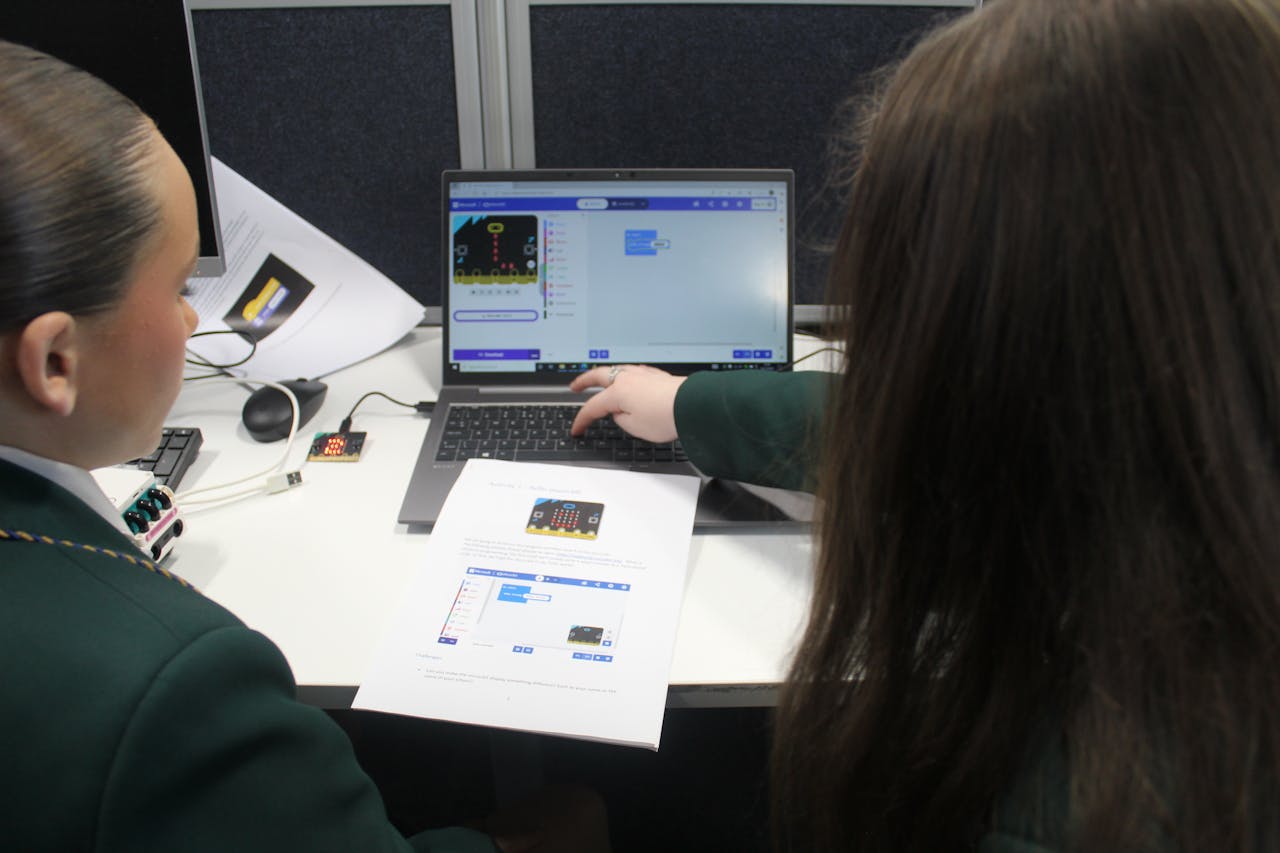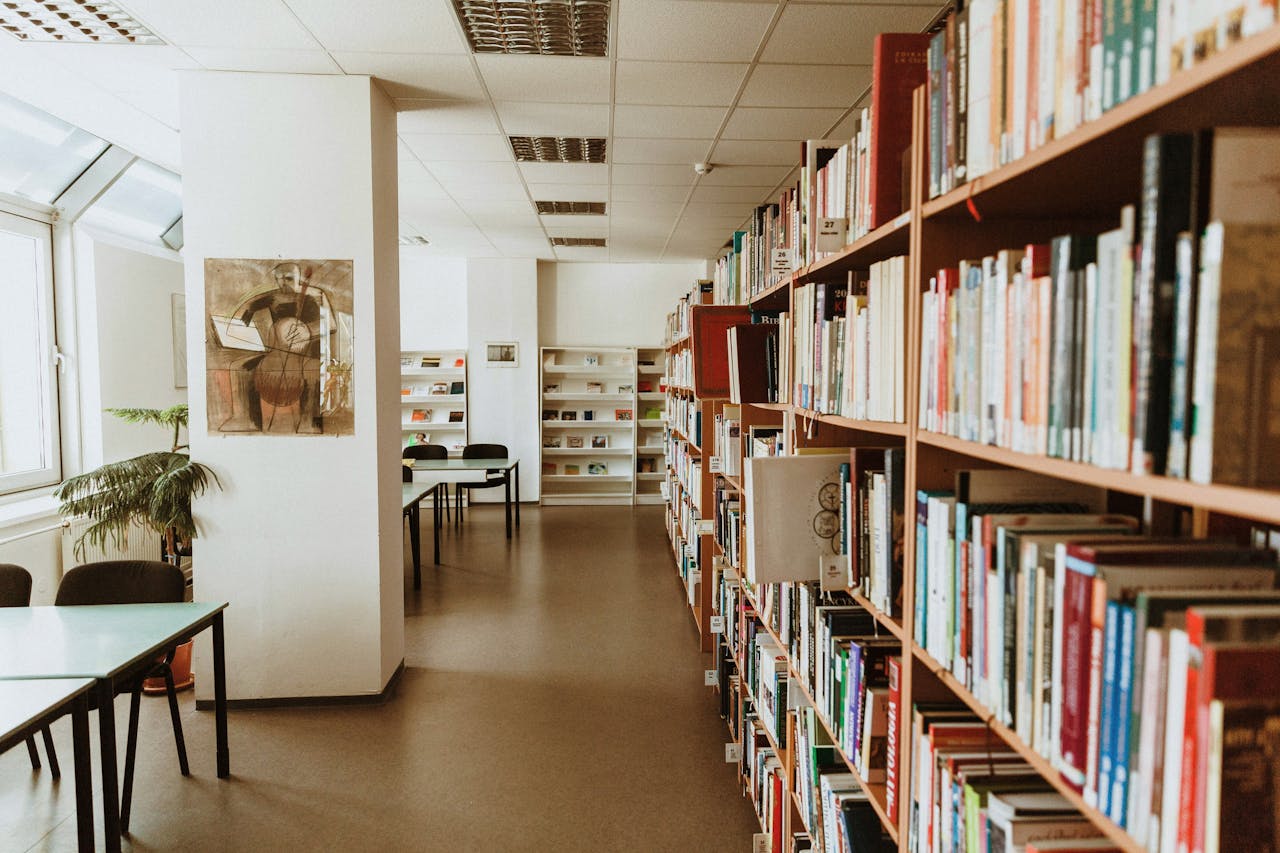‘Reading’ around their subject
Reading in the traditional sense may fill some students with dread. Reading can be useful but students don’t need to read stacks of books cover to cover. Depending on the subject, students may choose to research in several alternative ways. Challenge students to consider different ways they might ‘read’ around their subject; suggest organising some work experience, planning trips, talking with experts, attending talks or events, listening to podcasts or audiobooks, watching documentaries, or reading articles.
Encourage students to focus on a particular area and build on their learning. This will help them interweave different sources and be critically reflective when writing their research paragraph. See an example below:
A student considering studying an Early Years Education degree may organise a couple of weeks work experience at a local nursery. This may inspire them to listen to a podcast on child development which could lead to researching particular learning needs which affect development. They may read several articles about children with autism and strategies to help support them. With permission from the nursery practitioners, they may test some of the strategies they have learnt and reflect on their findings.



